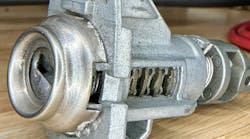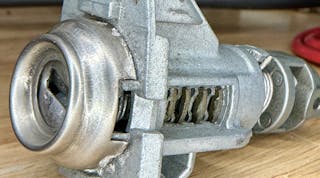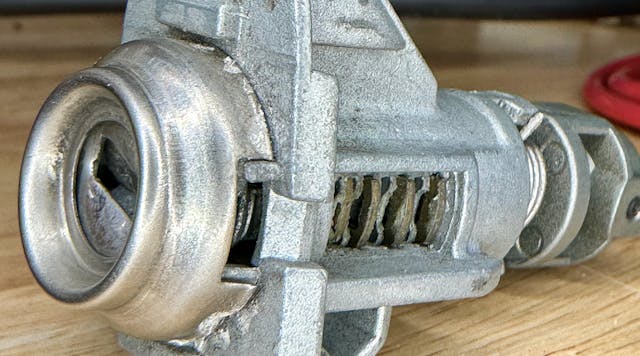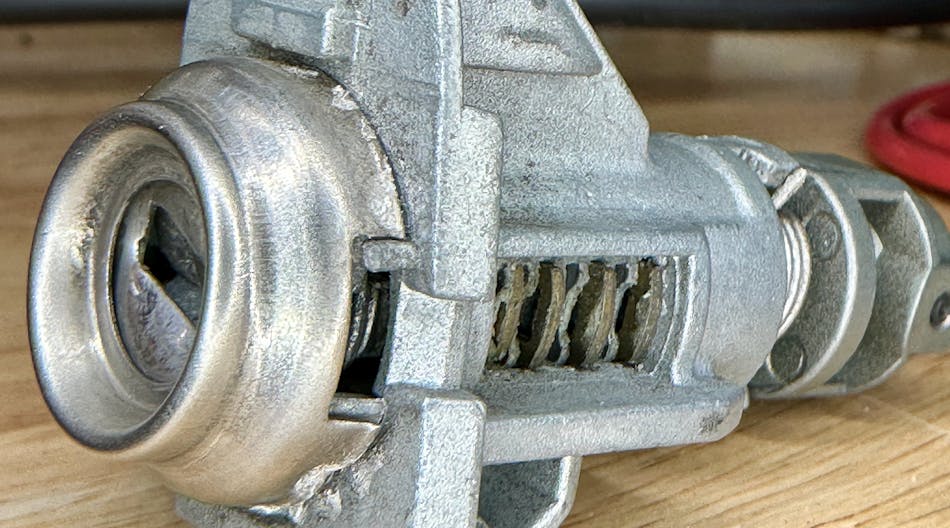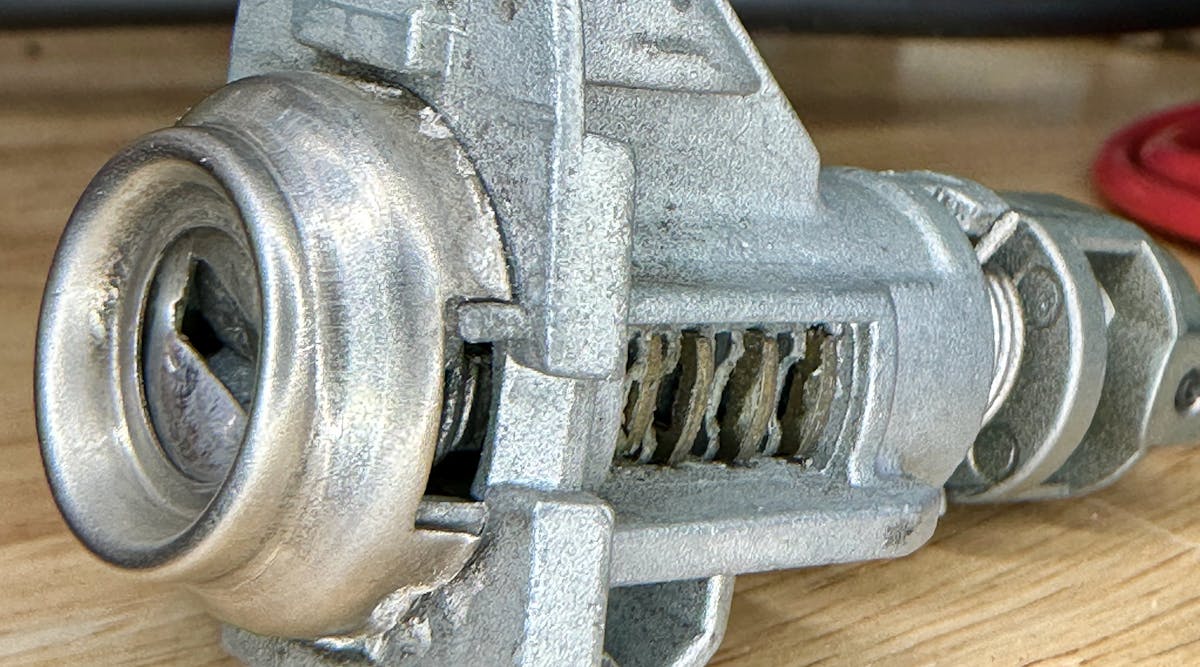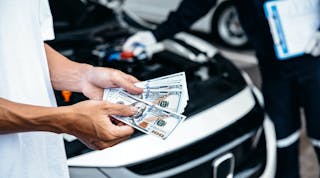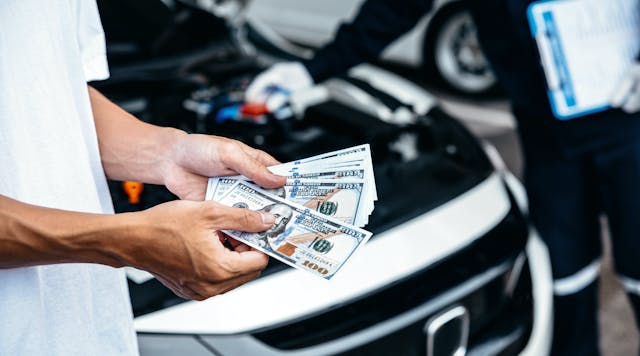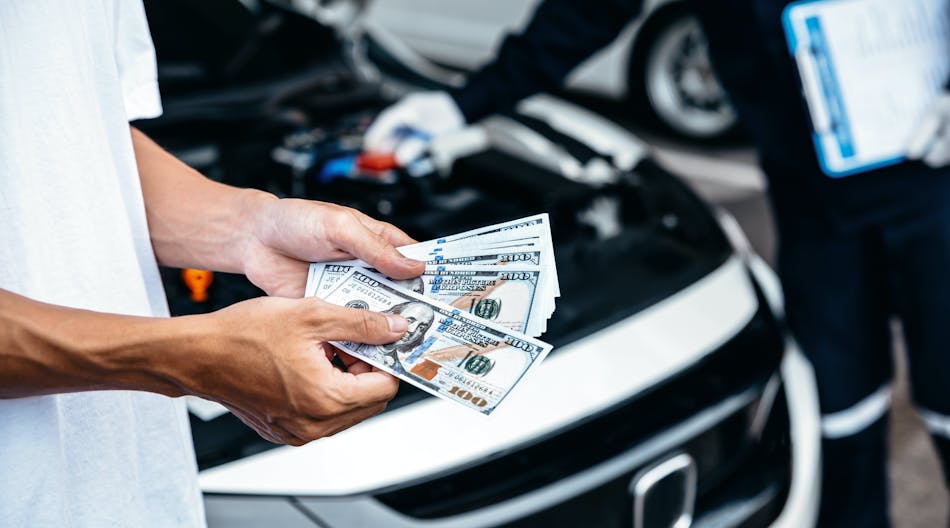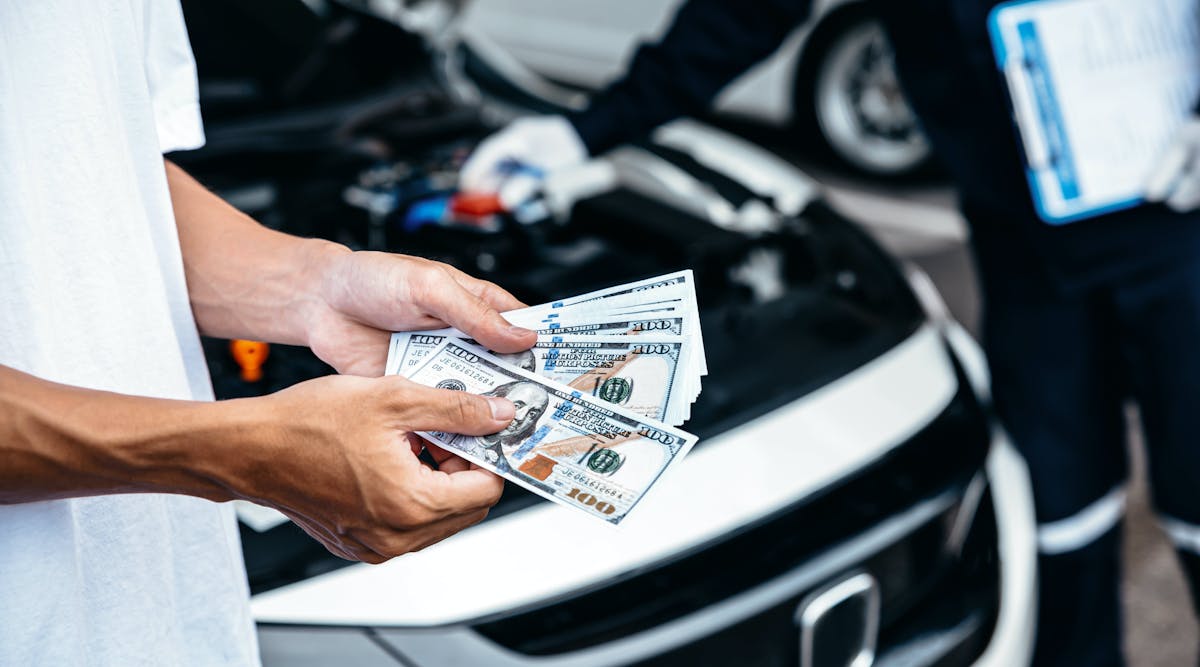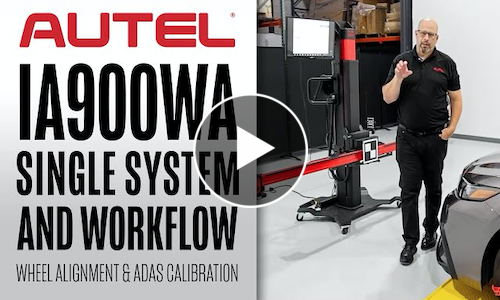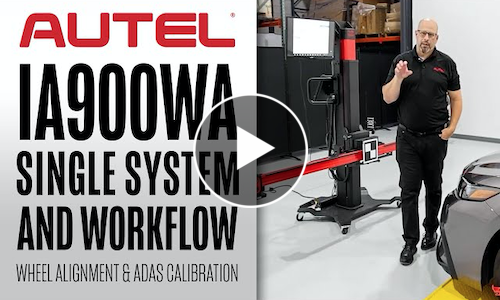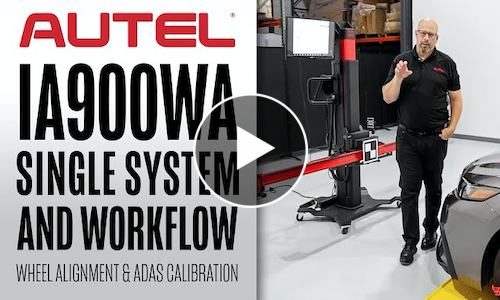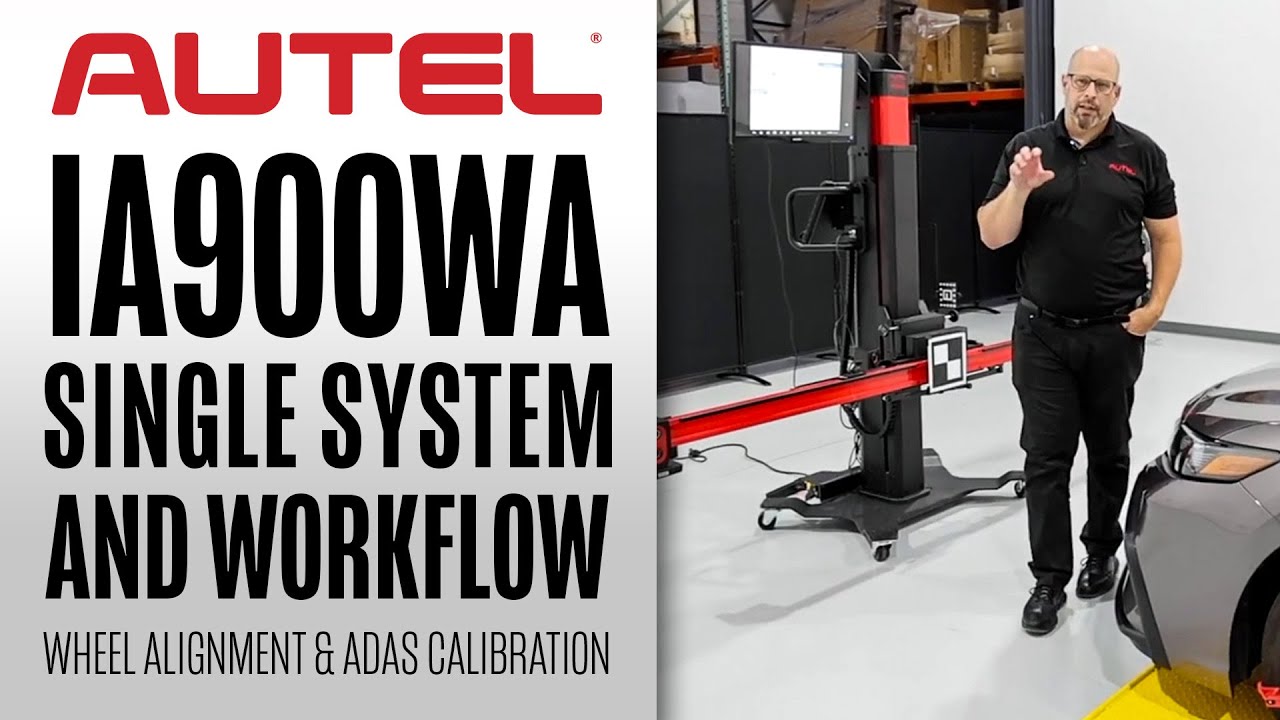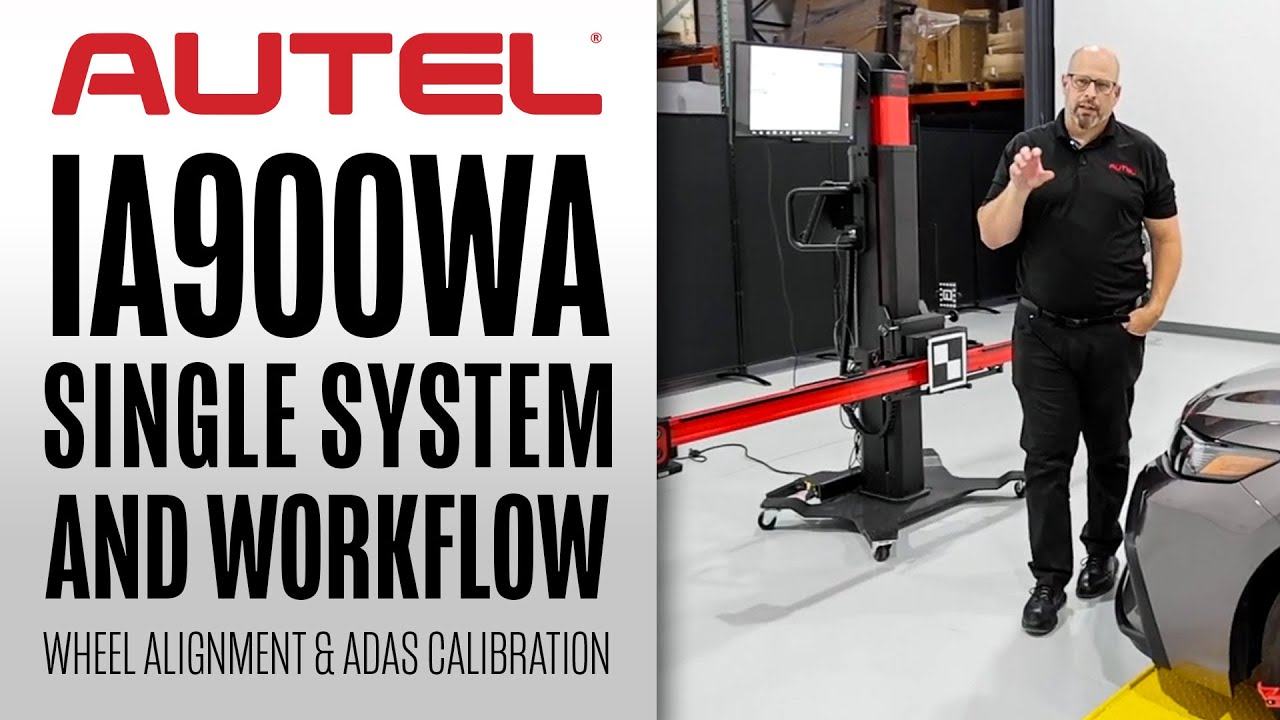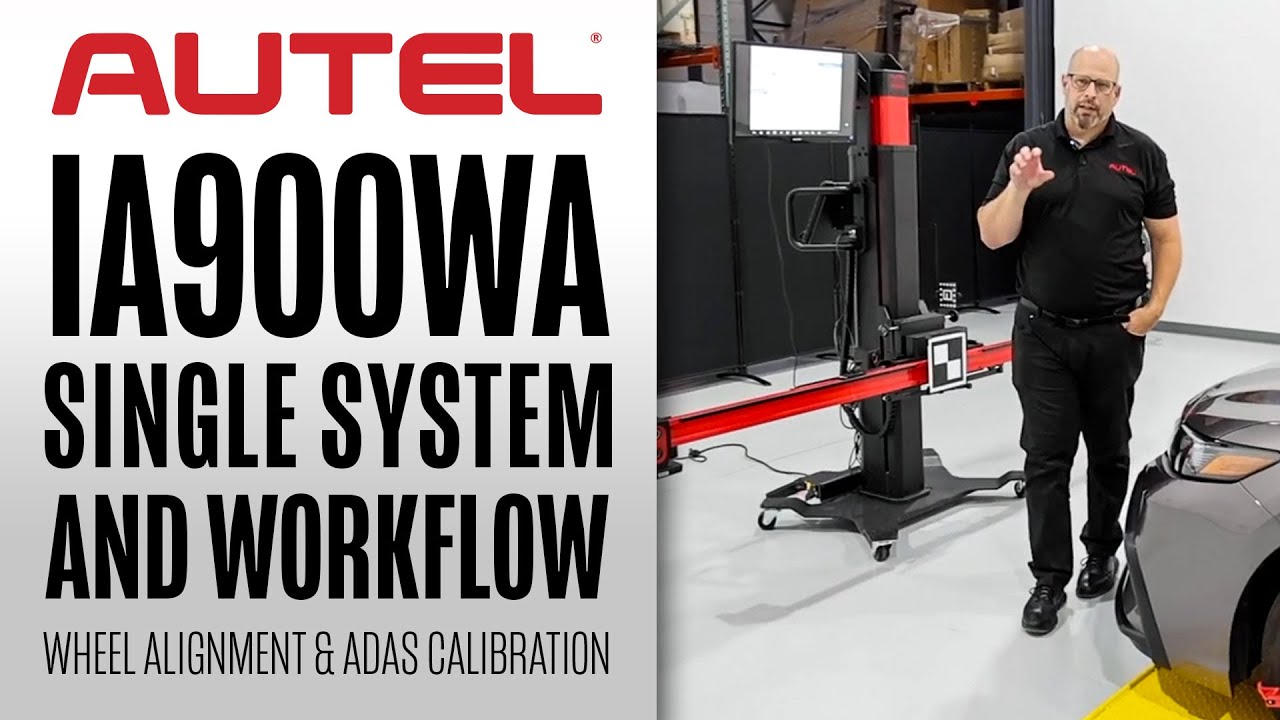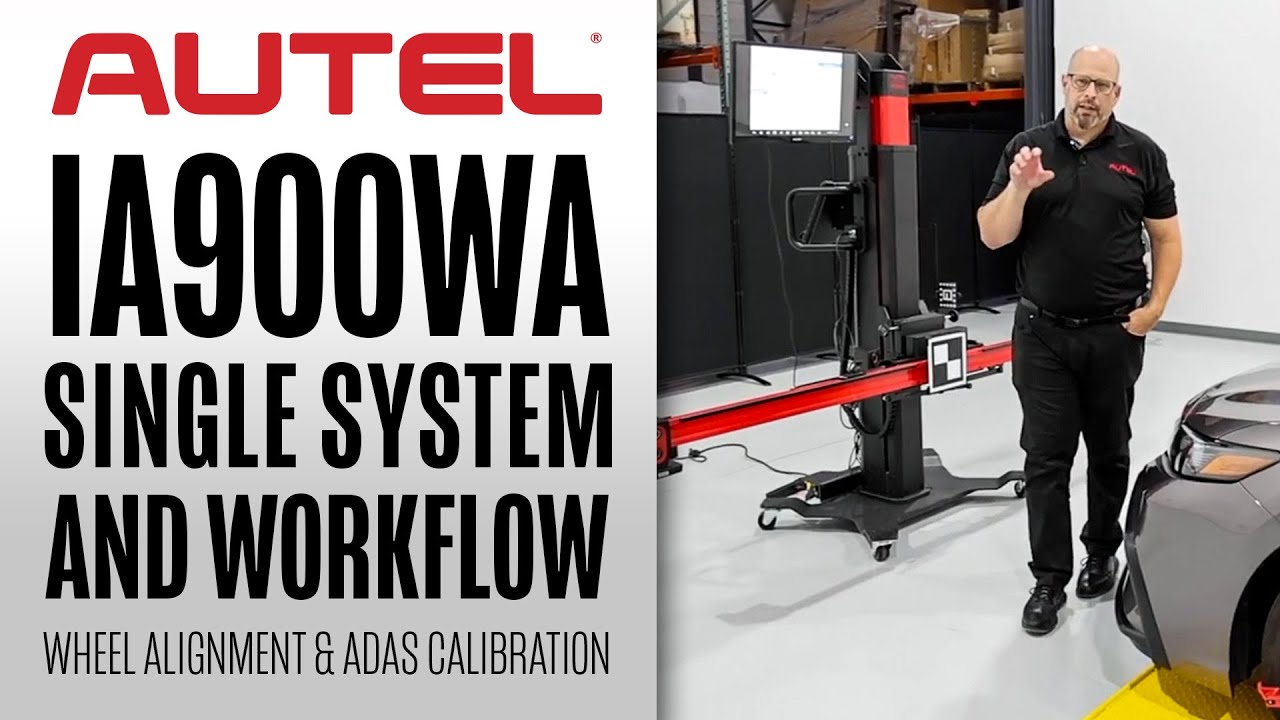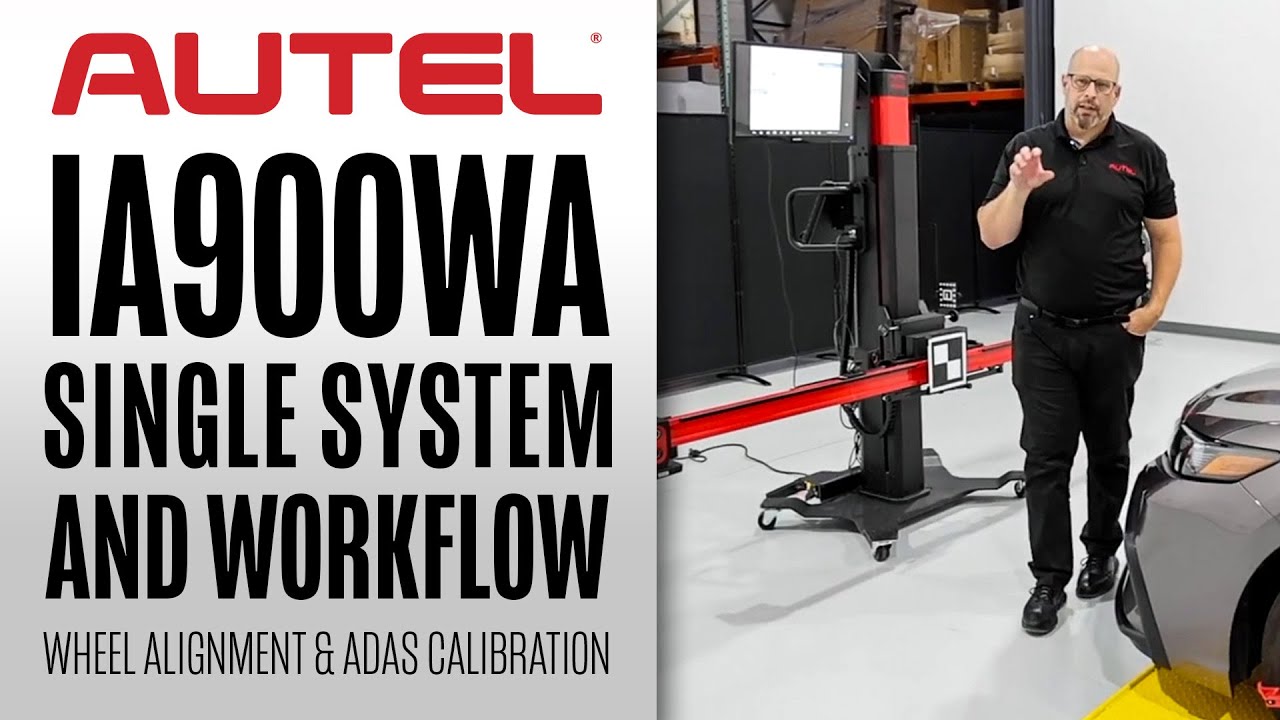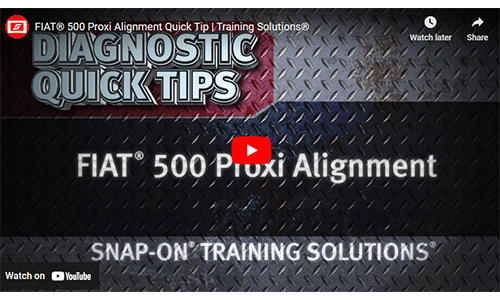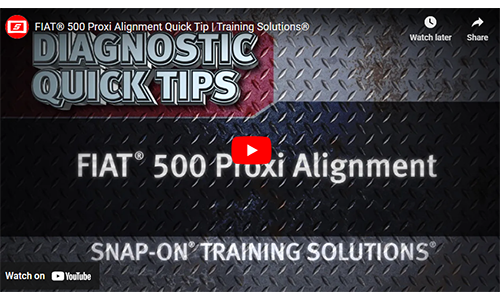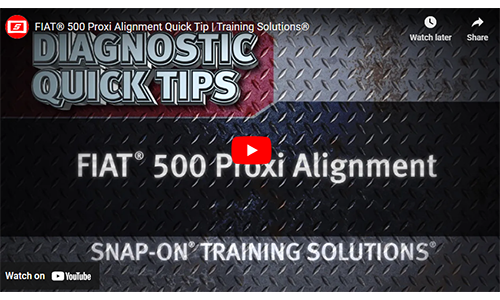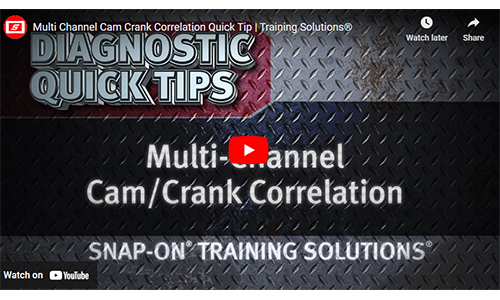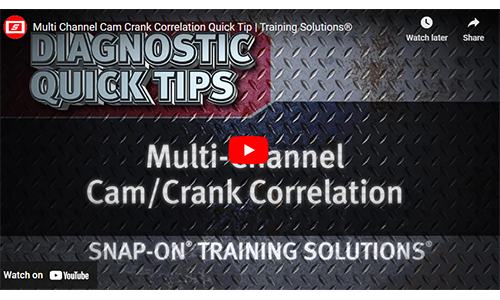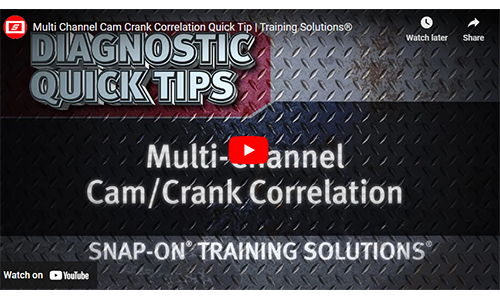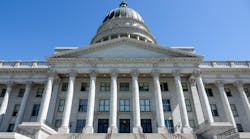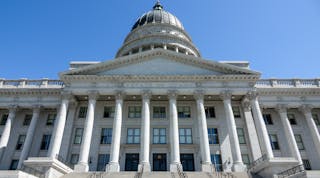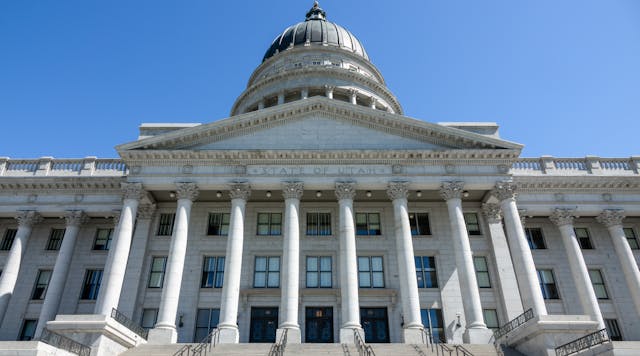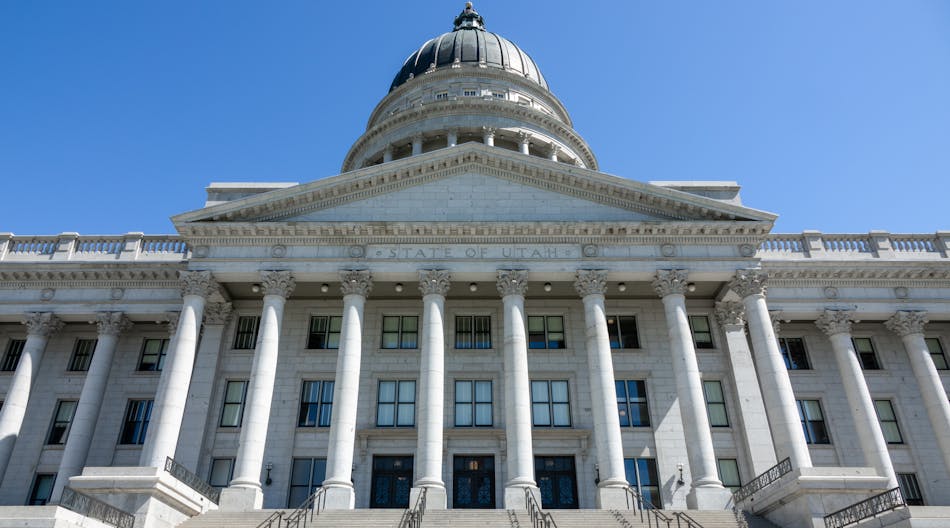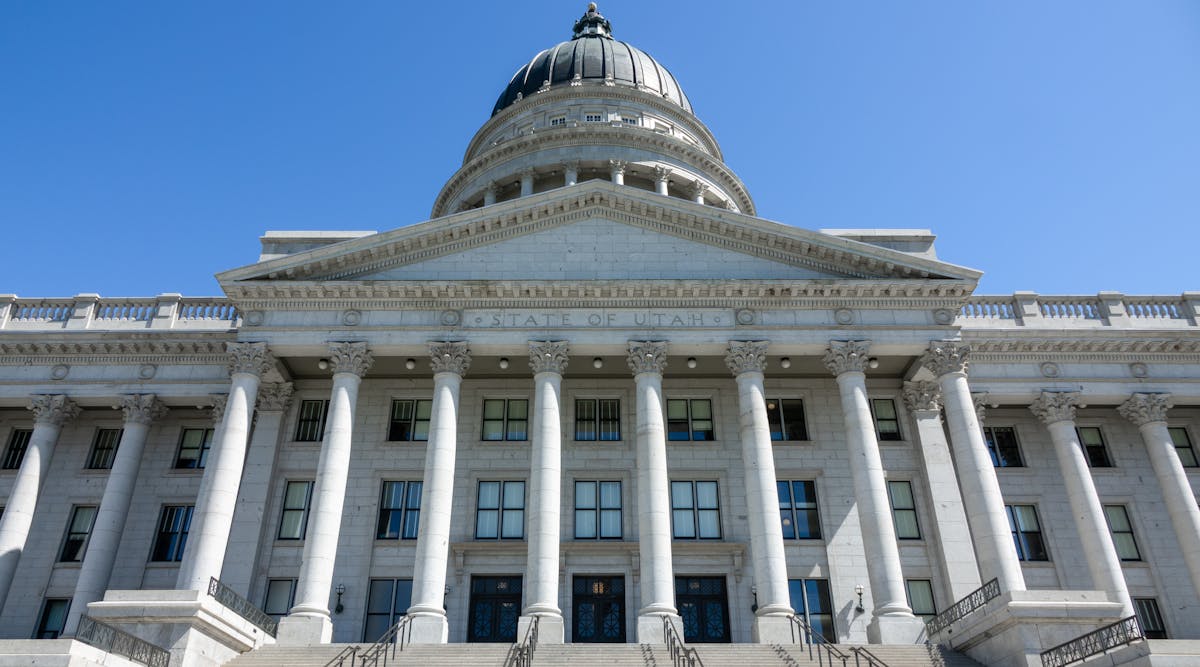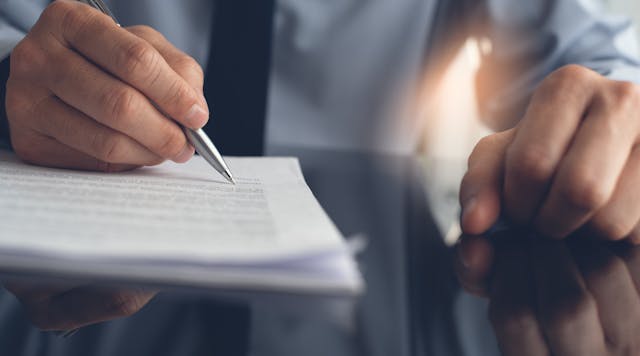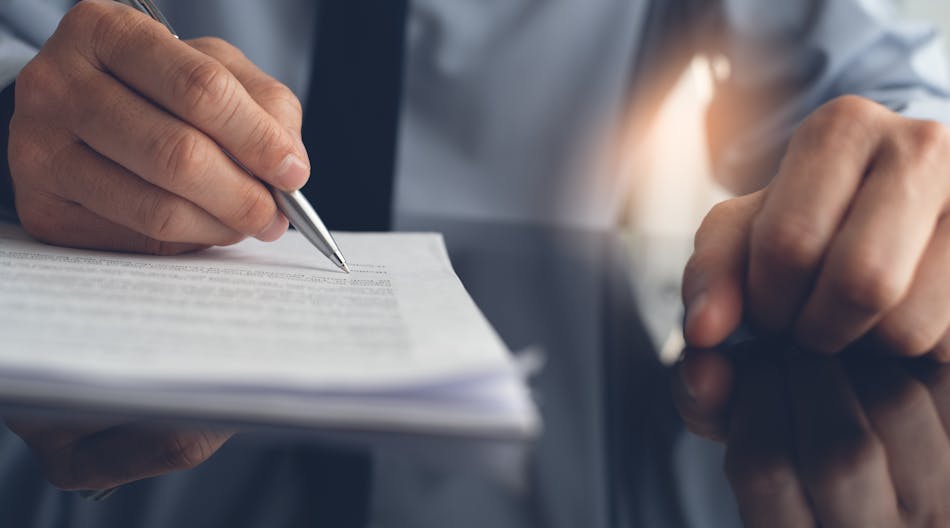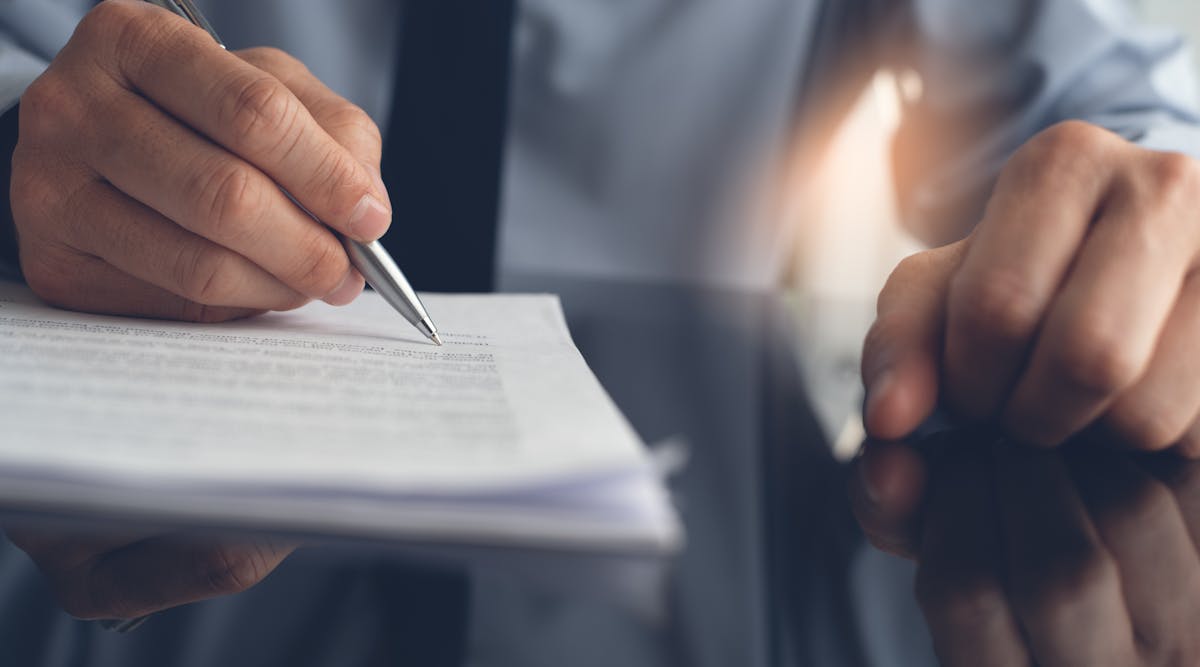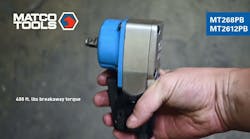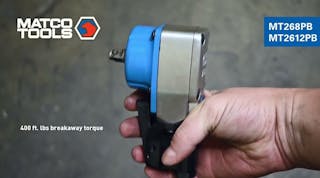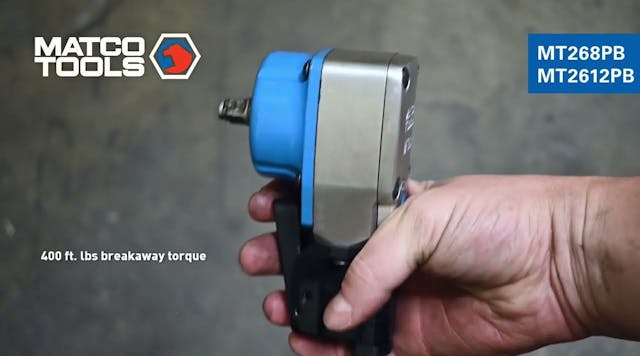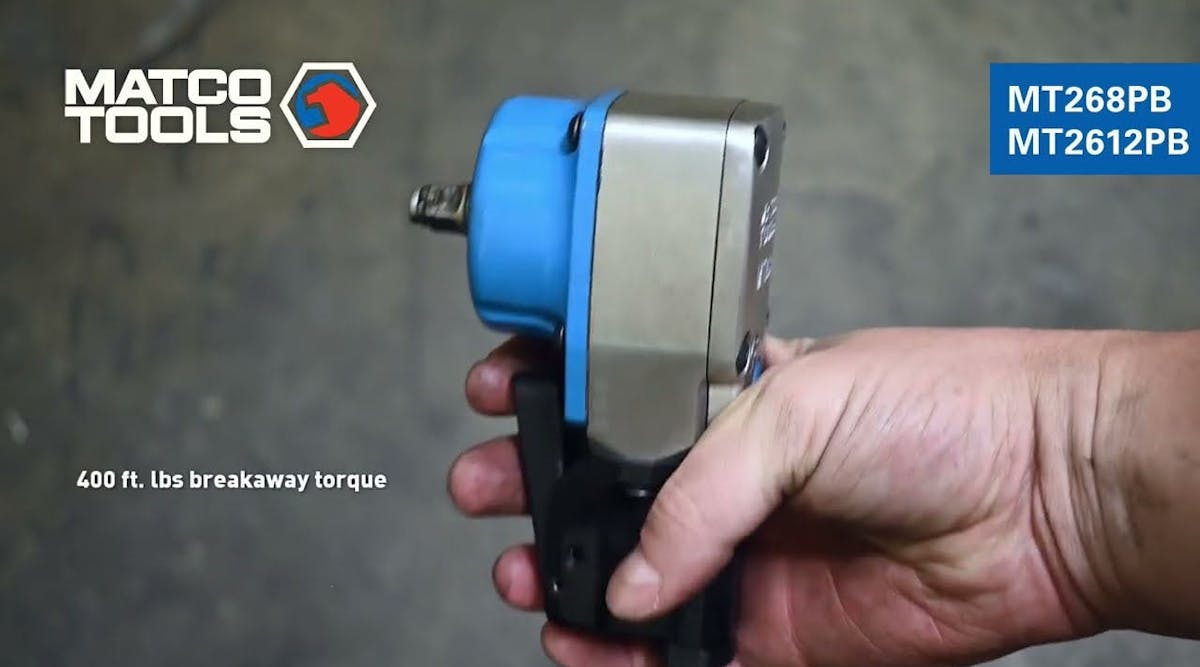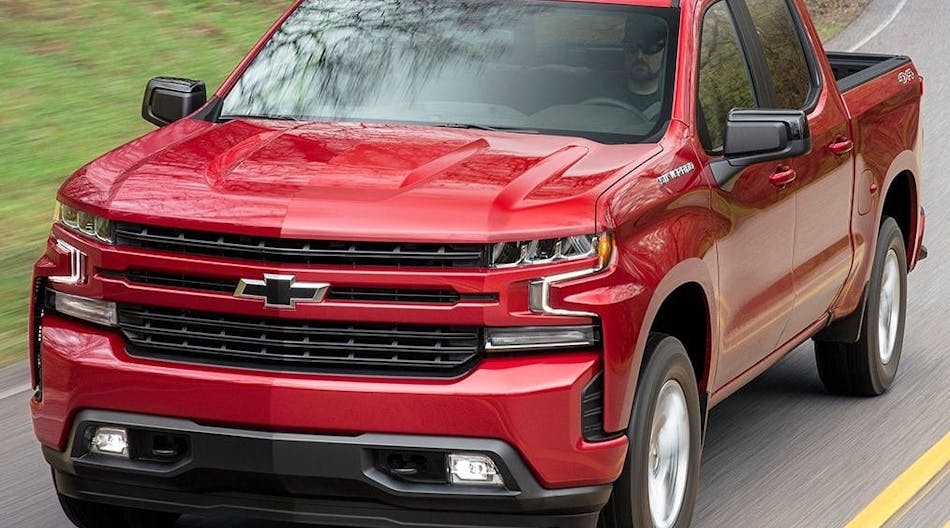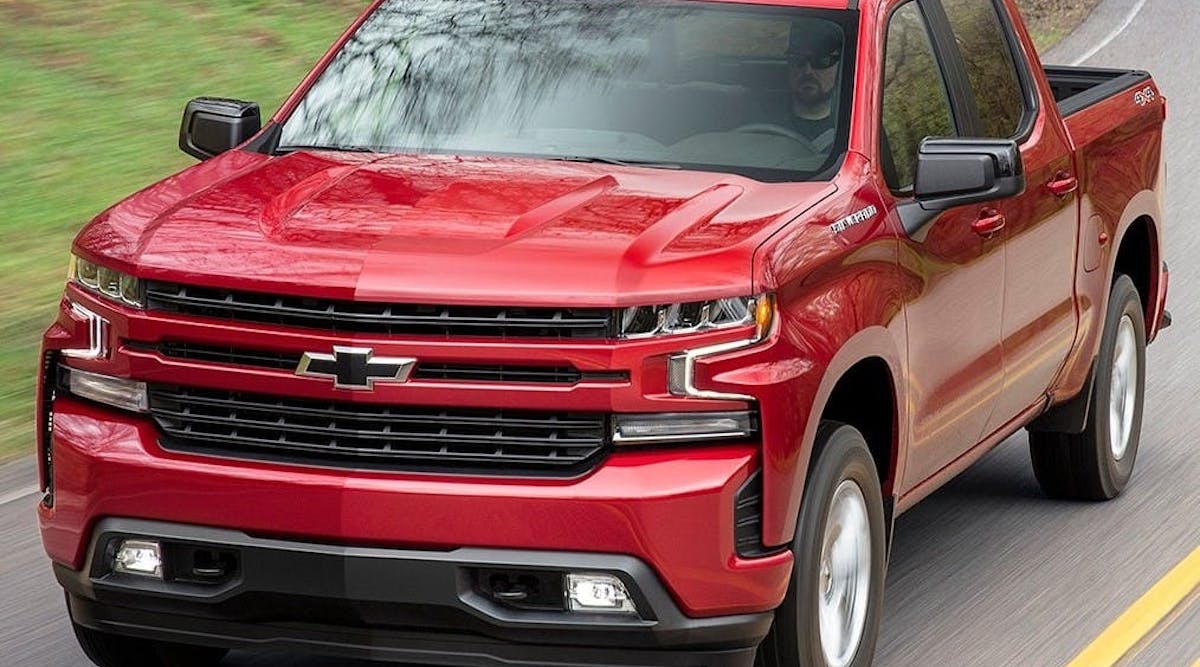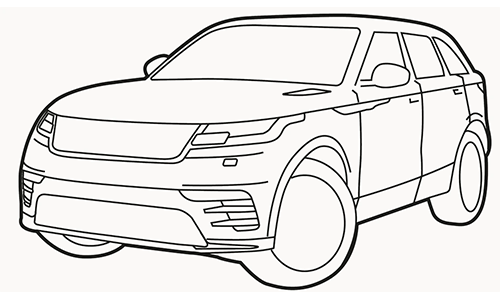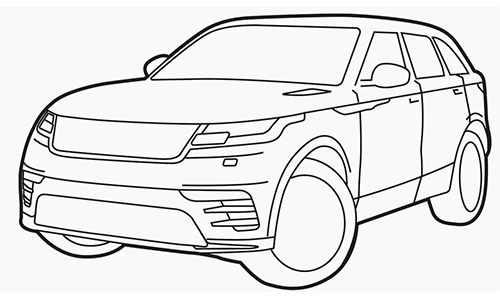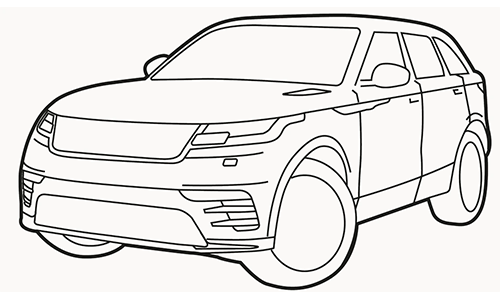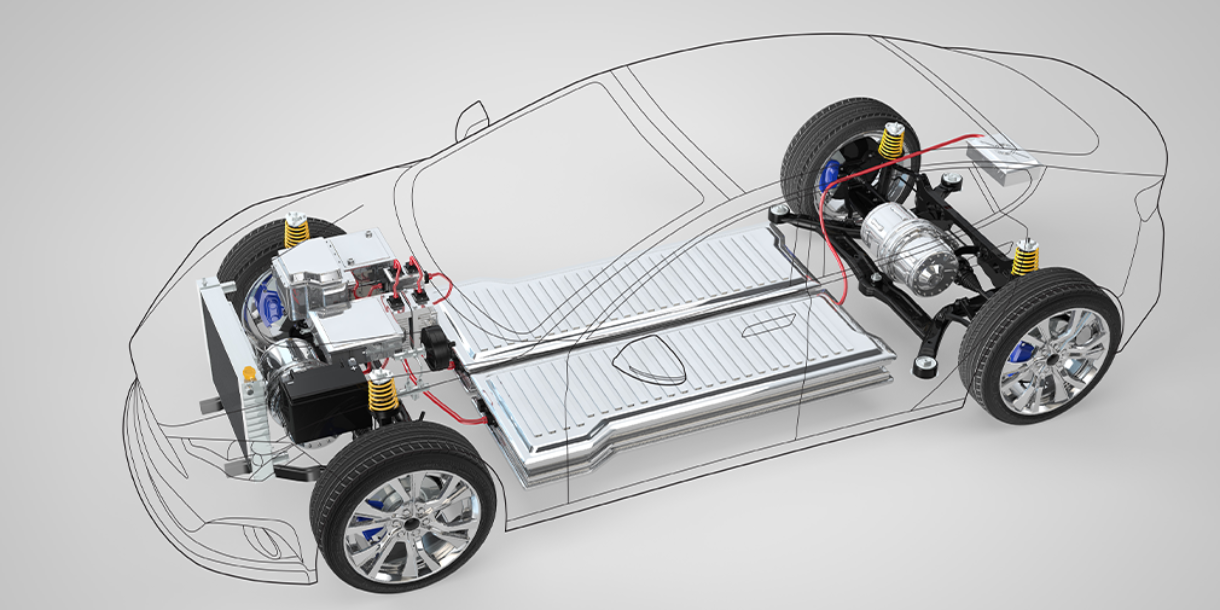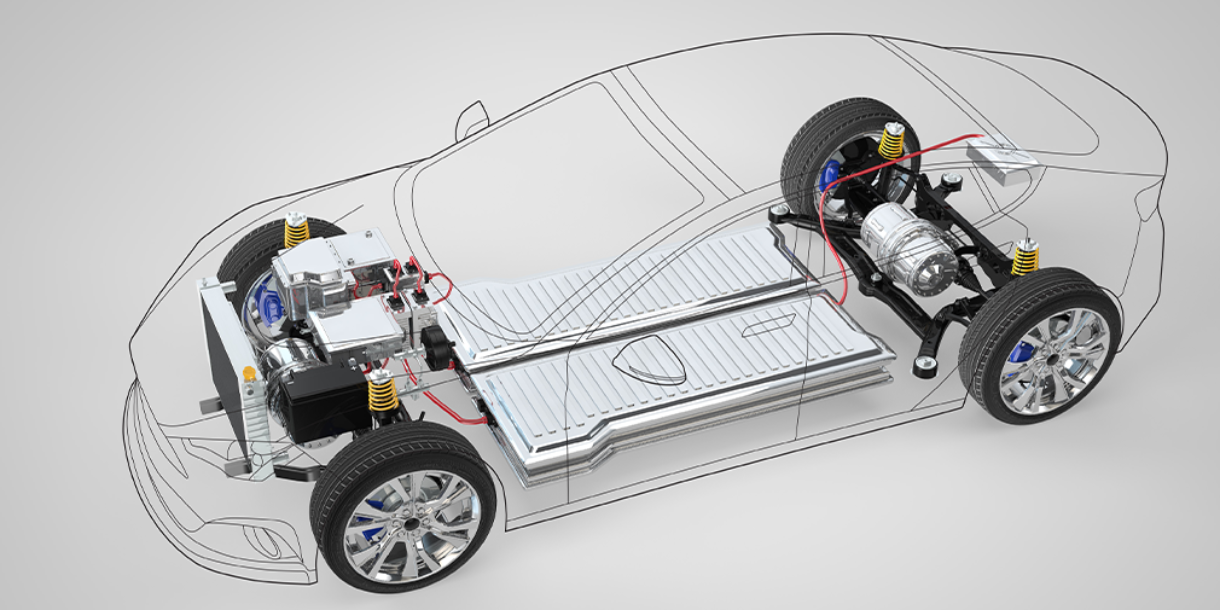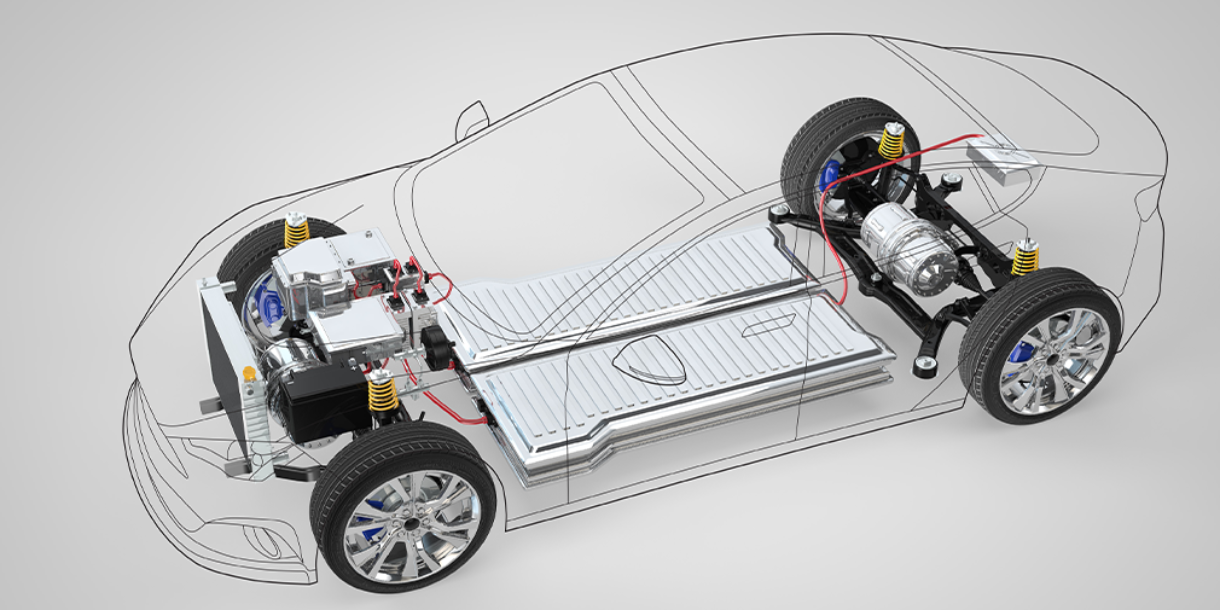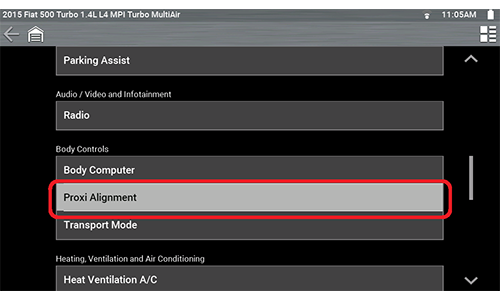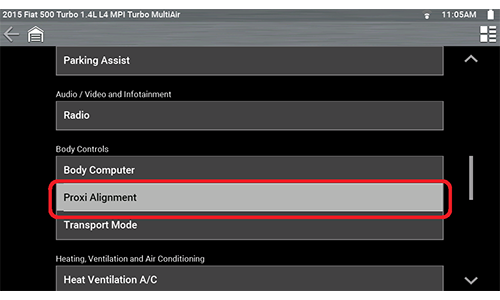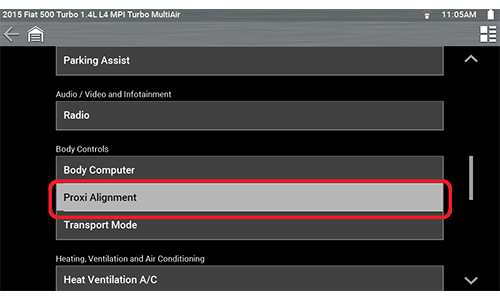The Right-to-Repair and vehicle data access agreement reached in July 2023 between the Automotive Service Association (ASA), the Alliance for Automotive Innovation (AAI), and the Society of Collision Repair Specialists (SCRS) is gaining industry support. It was revealed to the public at the end of August that electric vehicle manufacturers Tesla and Rivian endorse the agreement.
In its July 29 letter to the three original signatories, Tesla stated, “Tesla agrees with the standards laid out in the Commitment and is happy to support this effort.” Rivian separately sent its own letter to the signatories on August 9, in which it declared, “Rivian agrees that our customers should have access to safe and proper repairs throughout a vehicle’s lifecycle, and further, is aligned with supporting the independent repair community as provided in the Commitment.”
The formal agreement that ASA reached with AAI and SCRS is a long-term investment in independent automotive repairers’ economic outlook. It provides independent repairers with clear assurance that they’ll have access to all the information, systems, and tools needed to diagnose and repair issues with their customers’ vehicles. The commitment’s stipulations will remain relevant for decades to come because they account for recent and future innovations, such as telematics and alternative powertrains.
Tesla’s and Rivian’s announcements strengthen the Right-to-Repair agreement. The Alliance for Automotive Innovation already represents the companies responsible for manufacturing 98 percent of vehicles on the road in the United States. This latest development signifies that the agreement will now cover an even wider swath of automobiles, nearing 100 percent.
Original equipment manufacturers (OEMs) see the agreement as providing confidence to customers that independent repair shops will be able to service their vehicles, should that be their choice. So, additional OEMs are expected to join to also provide that confidence.
This industry agreement is indicative of how market forces can incentivize industries to set robust standards to which industry members feel accountable, without interference from potential cumbersome governmental regulation and bureaucratic processes. Adherence to the agreement is mutually beneficial to all stakeholders.
In the meantime, ASA will encourage Tesla and Rivian to join the Vehicle Data Access Panel (VDAP) and the Data Access Working Group (DAWG) – established by the agreement – to deepen cooperation. The VDAP provides a forum “to identify issues a party may have with respect to the availability of diagnostic data and repair information as pledged in the commitment and collaborate and potential solutions where feasible.” The DAWG allows the stakeholders “to consider any technological advancements that may alter the vehicle repair marketplace.” Tesla’s and Rivian’s active participation in the agreement implementation will facilitate stronger adherence to the agreement through timely and responsive corrections to potential gaps in data access. Most importantly, however, it will make the country’s roads safer for everyone by ensuring car owners and drivers can select a repairer of their choice from a competitive automotive service market.
